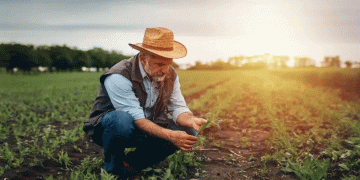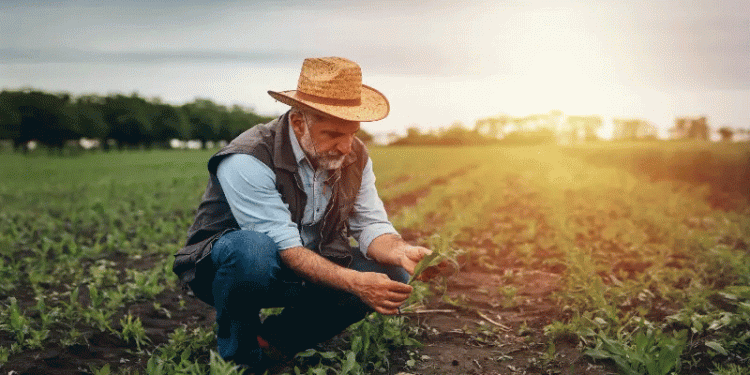The push for technological modernization in Russian agriculture is gaining a new, crucial dimension. Beyond the well-publicized financial incentives like grants and soft loans, the Ministry of Agriculture has identified a significant barrier to adoption: a knowledge gap among small and medium-sized farmers. In a recent address to the Federation Council, Sergei Antoshkin, Deputy Director of the Department of Digitalization and Technological Development, highlighted that while large agri-holdings are tech-savvy, many farmers simply do not understand the tangible benefits of new technologies. The Ministry’s proposed solution is a nationwide push for educational seminars designed to demystify innovation and bridge the digital divide in the fields.
The financial mechanisms to support this transition are already in place. The government is actively offering grants for the import substitution of critical technological products and, crucially for individual farmers, preferential lending programs. These loans, specifically earmarked for the adoption and purchase of information technologies, drones, and unmanned systems, come with a current interest rate of 10.5% per annum and repayment terms of 2 to 8 years. This makes significant capital investments in technology more accessible than ever before.
The Data Behind the Knowledge Gap
The challenge identified by the Ministry is not unique to Russia; it’s a global phenomenon in agricultural technology adoption. A 2023 report by the International Food Policy Research Institute (IFPRI) found that the perceived complexity and uncertainty of returns are the primary barriers to tech adoption for small and mid-sized farms, often outweighing even cost concerns. Furthermore, a study in the Journal of Agricultural and Applied Economics concluded that demonstration plots and peer-to-peer learning seminars increase adoption rates of precision agriculture technologies by up to 50% compared to simply providing informational pamphlets or online resources. This data underscores the Ministry’s instinct that hands-on, accessible education is not a supplementary activity but a core component of a successful digitization strategy.
The Russian Ministry of Agriculture’s dual approach—combining financial incentives with a committed educational outreach—is a strategically sound model for achieving widespread technological modernization. The availability of soft loans removes the immediate financial barrier, but it is the proposed seminars that will ultimately unlock their value. By translating complex technological concepts into clear, practical benefits for yield, efficiency, and profitability, these initiatives can empower every farmer, regardless of operation size, to make informed decisions. The future of Russian agriculture depends not just on developing cutting-edge technology, but on ensuring that the people who work the land have the knowledge and confidence to use it. This move from a purely financial support system to an integrated support-and-education model is a critical step towards a more resilient and productive agricultural sector.































